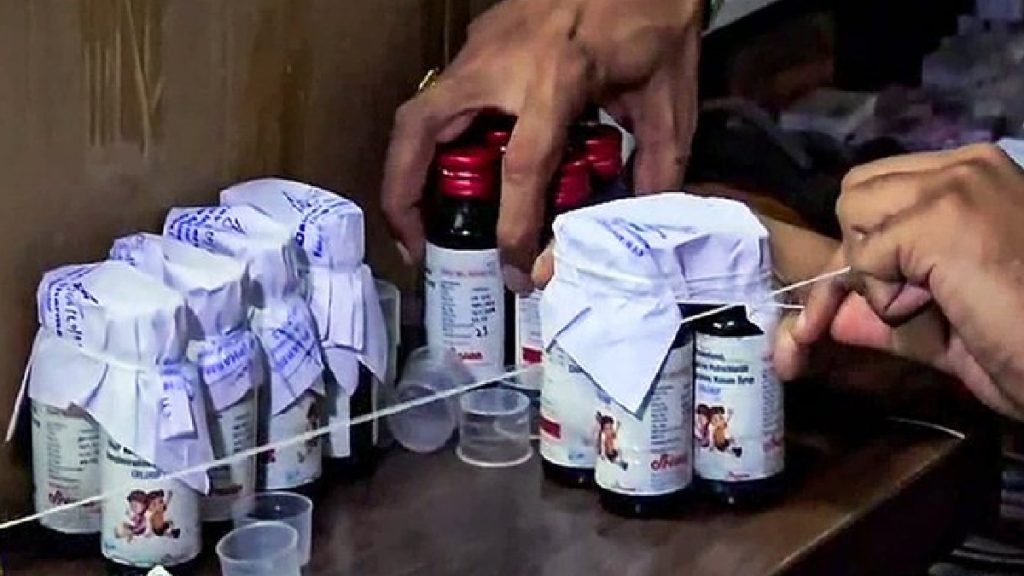In a dramatic escalation of the cough syrup tragedy that has stunned the nation, Indian police arrested G. Ranganathan, owner of Sresan Pharmaceuticals, the company behind the syrup brand Coldrif, which is under investigation for allegedly poisoning children. Multiple children in Madhya Pradesh have died after consuming the syrup, prompting widespread outrage, regulatory action, and criminal charges.
Background & Allegations
The controversy ignited when several children — mainly under five years of age — in Chhindwara district of Madhya Pradesh started succumbing to acute kidney failure. Subsequent laboratory tests found high levels of diethylene glycol (DEG) in samples of the Coldrif syrup — a toxic industrial chemical that can cause kidney injury and death when ingested.
The death toll, initially reported at 10, has since risen. By October 7, at least 17 children had lost their lives, and some reports even cite up to 21 fatalities.
Authorities quickly banned the distribution, sale, and consumption of Coldrif across multiple states, including Madhya Pradesh, Tamil Nadu, and Telangana. Several states initiated seizures of existing stocks and issued show-cause notices to Sresan.
Arrest & Investigation
A seven-member team from Madhya Pradesh police traveled to Chennai (Tamil Nadu) to carry out the arrest. G. Ranganathan, aged 73, was taken into custody in connection with the allegations surrounding Coldrif.
Investigators allege serious lapses in Sresan’s manufacturing standards: faulty equipment, lack of maintenance, inadequate testing procedures, poor storage, and contamination of raw materials. A factory inspection reportedly revealed rusty, leaking machinery and repeated neglect over many years.
Criminal charges likely include manslaughter, negligence leading to death, violating drug safety norms, and marketing unsafe products.
Regulatory & Policy Repercussions
The central drug regulator (DCGI) has flagged systemic lapses in quality control across multiple pharmaceutical firms, stating that raw materials and final products were insufficiently tested. Several other manufacturers’ cough syrups are under scrutiny.
Authorities in affected states have suspended the licences of medical stores implicated in distribution, and some doctors are also facing charges of prescribing the toxic syrup.
Political fallout is swift: demands for compensation for victim families, resignation of health officials, and calls for stricter oversight of pharmaceutical production have dominated public discourse.
Reactions & Next Steps
- Government & regulators vow no leniency and promise deeper inspections, more stringent audits, and mandatory testing protocols for pediatric formulations.
- Medical community is rattled; many doctors are demanding clearer guidelines and liability protections when prescribing pediatric medicines.
- Families of victims are demanding justice and public accountability; several cases are likely to go to court.
- Public confidence in India’s pharmaceutical oversight is under strain, especially given prior international incidents where Indian-made syrups have been implicated in child deaths abroad.








